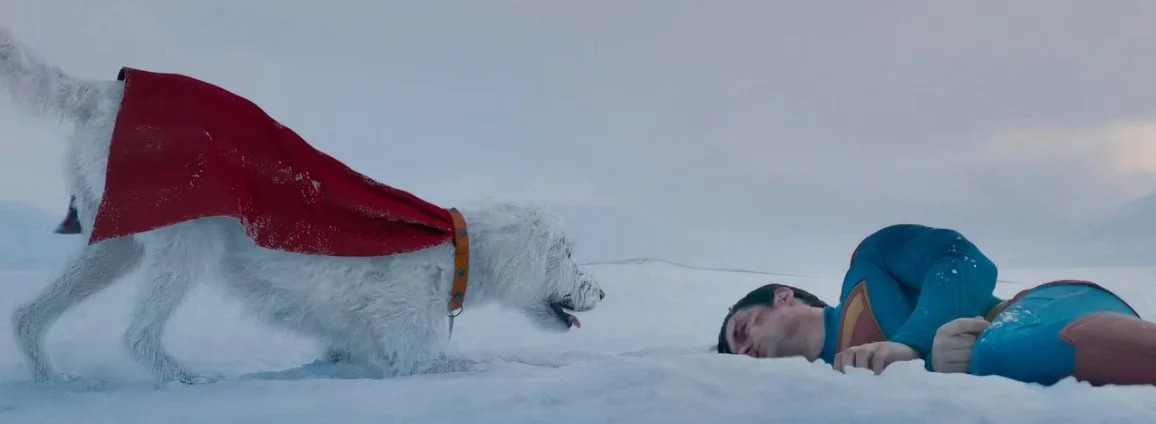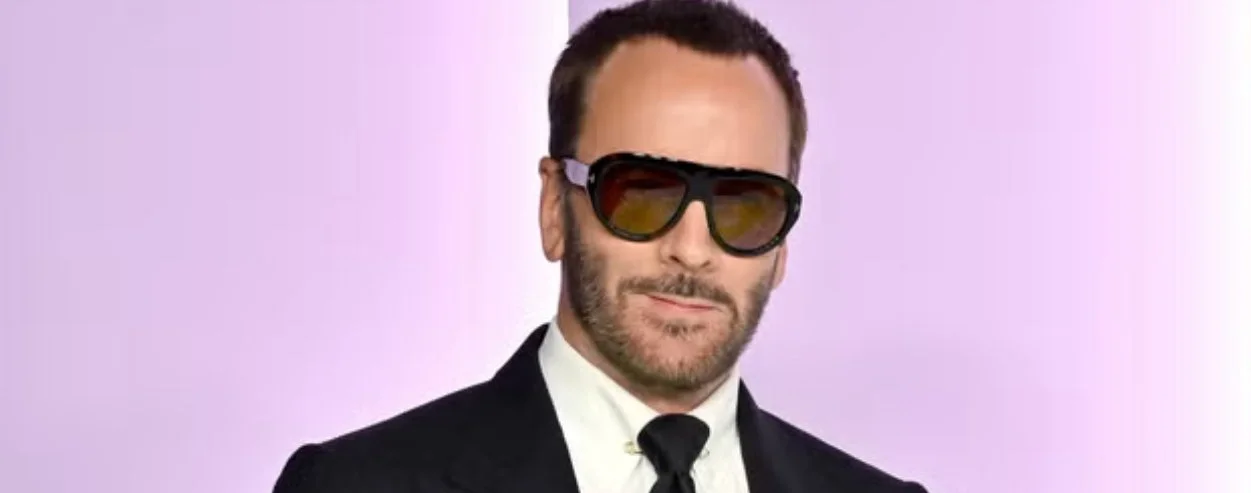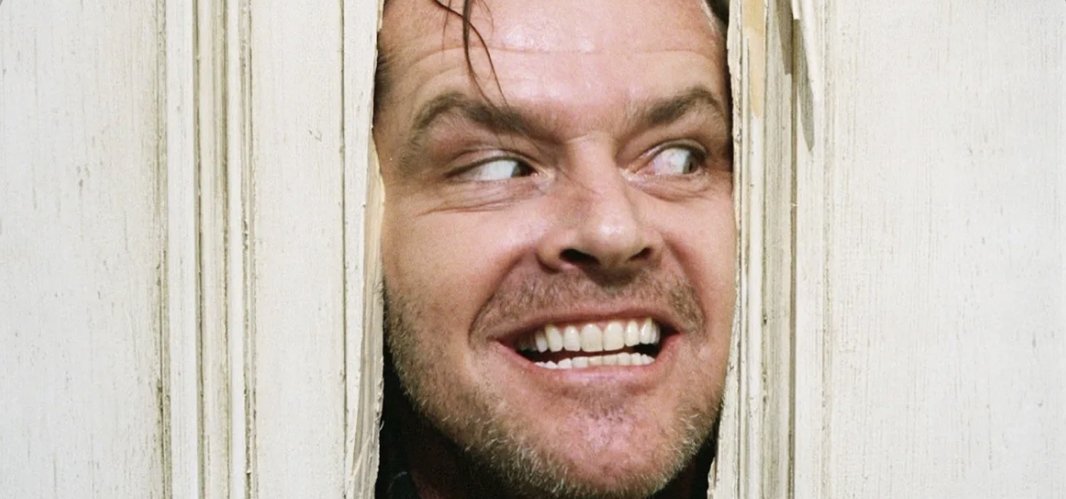When Stanley Kubrick’s “The Shining” was released, it was met with a lot of hate. It even garnered Kubrick a Razzie nomination for worst director.
Much like many of Kubrick’s films, including “Barry Lyndon” and “Eyes Wide Shut,” a critical reappraisal occured many years after “The Shining” was released. It is now regarded as one of the essential films of the 1980s. Even Roger Ebert, 26 years after his two-star review, had a reversal of opinion and stated that “The Shining” was a great movie.
One person who hasn’t changed his mind about “The Shining” is Ridley Scott. He much prefers Stephen King’s book to the 1980 horror movie classic (via Deadline):
Well, I honestly have to say I thought the book was better. Stanley somehow mucked around with the house, the place and the light, and the book was, I think King’s best book. King’s book had a much darker and gloomy hotel. The Boiler Room is a monster in the book. All boiler rooms are scary as sh*t. Stanley chose deliberately to go very bright, very modern. And I thought, why? So immediately, it didn’t work for me. It made it an uphill battle on what was a very scary book. He didn’t really want to get into the shining, where Scatman Crothers says, you shine boy. He didn’t really use that enough.
Kubrick actually donated aerial footage from “The Shining” to Scott for “Blade Runner.” Their brief friendship started when Kubrick called Scott in 1980 to ask him how he created the now-iconic gut-busting scene in “Alien.”
Regardless, it’s not just Scott who despises Kubrick’s ‘Shining,’ but also Stephen King, whose total and utter loathing for Kubrick’s adaptation is well known. King hated Kubrick’s film so much that he ended up directing his own version of “The Shining” for ABC, back in 1997.
In a 2006 interview with The Paris Review, King said that he “hated” the film. “It’s certainly beautiful to look at: gorgeous sets, all those Steadicam shots,” King continued. “I used to call it a Cadillac with no engine in it. You can’t do anything with it except admire it as sculpture. You’ve taken away its primary purpose, which is to tell a story.”
Of course, to say that Kubrick’s movie was a faithful adaptation of King’s novel would be a lie. What Kubrick did was turn King’s creation over its head, filming what could have been a very dry adaptation into the most Kubrick-ian horror movie imaginable.






